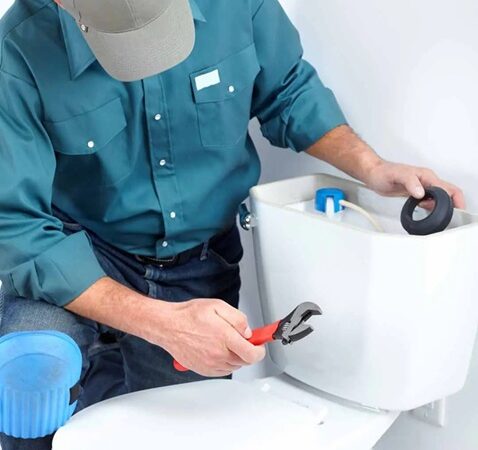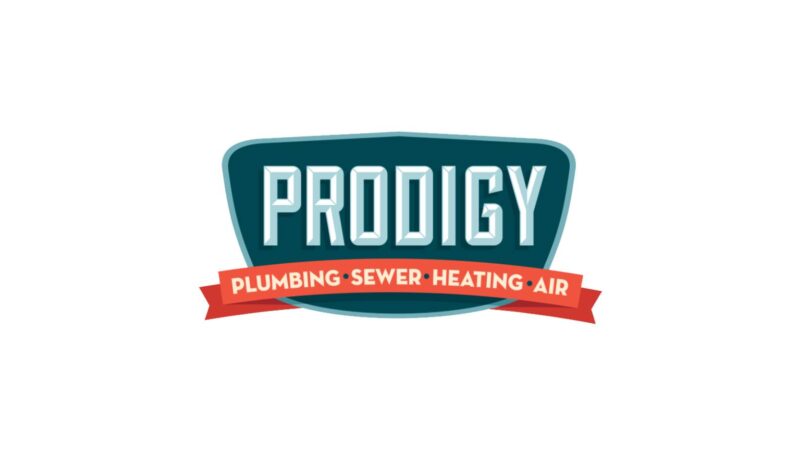Essential Plumbing and Sewer Inspections for Older Homes: Avoid Costly Surprises

When purchasing an older home, it’s crucial to be aware of potential plumbing issues that may lurk beneath the surface. These charming properties often come with hidden challenges that can lead to unexpected expenses if not addressed promptly. By understanding common plumbing problems and the importance of thorough inspections, you can avoid costly surprises and ensure your new home remains a haven rather than a headache.
Common Plumbing Problems in Older Homes
Older homes are prone to a variety of plumbing issues due to aging infrastructure and outdated materials. Some of the most frequent problems include:
- Corroded Pipes: Many older homes have pipes made of materials like galvanized steel or cast iron, which can corrode over time. This corrosion can lead to leaks, reduced water pressure, and water discoloration.
- Leaky Faucets: While a dripping faucet might seem minor, it can waste significant amounts of water and increase your utility bills. In older homes, worn-out washers or corroded valve seats are often the culprits.
- Clogged Toilets: Older toilets may have weaker flushing power, making them more prone to clogs. Additionally, aging pipes can accumulate buildup, further exacerbating the issue.
- Water Heater Problems: Older water heaters can develop a range of issues, from sediment buildup to corroded tanks. These problems can lead to inefficient heating, leaks, or even complete failure.
- Sewer Line Issues: Tree root infiltration, pipe collapse, and misalignment are common problems in older sewer lines. These issues can cause backups, slow drains, and even property damage if left unaddressed.
The Importance of Plumbing Inspections
Given the potential for hidden plumbing issues, a thorough inspection is essential when buying an older home. Here’s why:
- Uncover Hidden Problems: A professional plumber can identify issues that may not be visible during a standard home inspection, such as leaks behind walls or deteriorating pipes.
- Assess System Integrity: An inspection can evaluate the overall condition of the plumbing system, including pipes, fixtures, and the water heater.
- Identify Safety Hazards: Older homes may have lead pipes or outdated electrical connections for water heaters, which pose serious health and safety risks.
- Estimate Future Costs: Understanding the condition of the plumbing system helps you budget for potential repairs or upgrades.
Sewer Line Inspections: A Critical Step
While often overlooked, sewer line inspections are crucial when buying an older home. Here’s why:
- Detect Tree Root Infiltration: Tree roots can penetrate and damage sewer lines, causing blockages and leaks.
- Identify Pipe Damage: Camera inspections can reveal cracks, collapses, or misalignments in the sewer line.
- Prevent Costly Repairs: Addressing sewer line issues early can save you from expensive emergency repairs down the line.
Tips for Maintaining Older Plumbing Systems
Once you’ve purchased an older home, proper maintenance is key to avoiding future problems:
- Regular Inspections: Schedule annual plumbing check-ups to catch issues early.
- Prompt Repairs: Address leaky faucets and running toilets promptly to prevent water waste and further damage.
- Water Heater Maintenance: Consider fixing an old water heater by flushing it annually to remove sediment buildup and extend its lifespan.
- Upgrade Gradually: Plan to replace outdated fixtures and pipes over time to improve efficiency and prevent failures.
- Be Mindful of What Goes Down the Drain: Avoid flushing non-biodegradable items and use drain strainers to prevent clogs.
By prioritizing plumbing and sewer inspections when purchasing an older home and maintaining the system diligently, you can avoid many costly surprises and enjoy the unique charm of your property for years to come. Remember, investing in preventative measures and addressing issues promptly can save you significant time, money, and stress in the long run.



